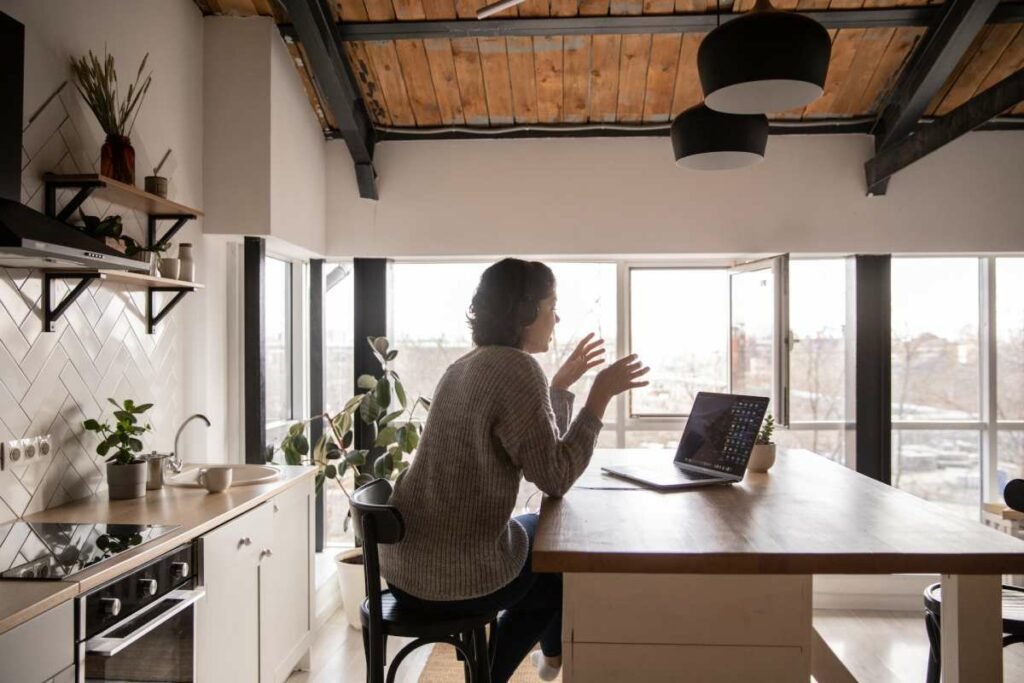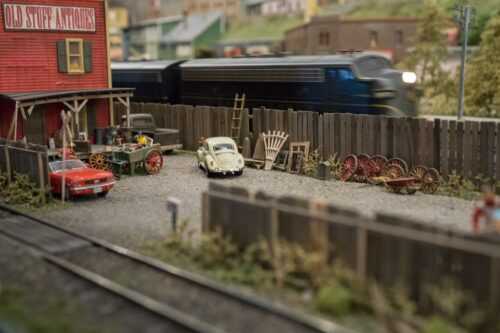
Introduction
When you’re a student living alone for the first time, it’s easy to get overwhelmed and think everything will be fine. And for the most part, it will be. But there are still some things that can go wrong! We’ve compiled some tips for students on preparing themselves for those potential pitfalls to avoid significant issues while enjoying their new life as solo students in Australia.
Check the Lease
Before you sign, check the lease for any clauses regarding noise and parties, pets, smoking, and subletting. Your landlord may have rules about these things that you must follow if they affect the neighbours.
It’s also good to know before signing because if there are no restrictions on these activities, but they start bothering people after living there for a while, it could be harder to get permission from your landlord later on.
Know the Law

You should also know the law. Familiarizing yourself with the rules and regulations of your country, city, neighbourhood, and apartment complex is essential.
If you’re new to Australia, the best way to do this is by reading up on Australian immigration laws before coming here. And if you’re already living in Australia but haven’t read up on immigration laws yet, now’s a good time as any to start!
As far as your landlord goes: they have their own set of rules that they expect you to follow—and if they find out that you’ve been breaking them (let’s say by smoking inside), they may decide not only to evict you but also blacklist anyone who rents from them in future—which means no one else will ever rent from them again!
Create a Budget
Knowing what you spend money on and how much you can afford. To help with this, there are many budgeting apps available such as:
- Mint – Track your expenses and find out where your money is going.
- Pocketbook – A great app that tracks your expenses, sets budgets and alerts you when a bill is due so you don’t forget about it! You can also set up savings goals in the app, which will help motivate you when saving for something unique.
You can create a budget by entering all of your income (i.e. from wages or student loans) in one column and then all expenses in another (rent/bills, etc.). Then subtract your total income from the total cost at the bottom of each column until nothing is left over!
This will tell us what our surplus/deficit is every month; if it’s positive, we’re doing well, but if negative,, start looking into ways to increase revenue or reduce costs depending on whether income increases or decreases respectively.”
Find scholarship
Scholarships are given to students who demonstrate high academic performance and have a great need for financial assistance. These scholarships are created by the government, universities, and private organizations.
There are many types of Australia international student scholarship that you can apply for:
- Government-funded (Commonwealth) scholarships
- University-funded scholarships or bursaries
- Private sector or business-based awards
Learn to Cook
Cooking is a valuable skill to have. Knowing how to cook is essential because it’s cheaper, healthier, and more convenient than eating out all the time.
Cooking can also be fun! You can experiment with different recipes, try new ingredients and learn about food. Cooking will help you become a better chef or home cook when you move out of college and into your place.
Think about the everyday commute
Once you’ve figured out where your classes are and how long it takes to get there, think about how you will get there. Do you want a car?
Let’s look at Newcastle car dealer, or is public transport the best option for getting around? Do you have a bike? Will the weather be an issue for biking or walking in Australia?
If using public transport, consider whether your university offers discounted tickets or if other options may be cheaper or more convenient than others.
Don’t Buy Too Much Stuff
1. Don’t buy too much stuff.
Remember that you live alone and can’t fit everything into your house. It’s tempting to fill up the place with furniture and decorations from home, but try not to do this. If you already have enough space for what is there, stick with it!
2. Don’t buy things that you don’t need.
If you are moving into a shared house, tips for students, there will probably be communal areas where everyone hangs out – like the kitchen or lounge room.
If so, try not to get too personal with these spaces: don’t put photos or other memorabilia on display where anyone else can see them (unless they want to see them).
Know where to get your laptop repaired
If you’re living alone, it’s essential to know where your laptop can be repaired. Shop like this PC doctor tamworth Here are some top tips for students getting your computer fixed:
- Know where to get your laptop repaired. If you lose it or if something happens to it, then knowing where to go and who is best suited to fix the problem is critical.
- Always back up your data on a USB stick or hard drive so that if something happens, there’s no need to worry about losing all of the work stored there.
- It’s also worth considering buying security software such as McAfee LiveSafe or Webroot SecureAnywhere AntiVirus Plus to protect yourself from viruses and hackers while online (and keep them away from important documents).
Do Your Laundry Regularly
When it comes to laundry, do your best to keep up with the demands of a busy life. If you’re not doing at least two loads per week, your clothes will probably start stinking up the place. And that’s something nobody wants!
Many techniques can help you get through this process quickly and efficiently when washing and drying clothes.
- For starters, make sure you use hot water whenever possible—it’ll kill germs faster than cold water (and who wants those in their laundry?)
- Also, remember that putting too much detergent in wash water is wrong because it causes suds or foam; these add up over time, so eventually, there’ll be so much foam from all those washes that it won’t let out any more dirty water from your machine even though there’s still some left inside it–it just won’t go anywhere else until someone either turns off their machine or manually drains out all excess liquid into another container (like one bucket). That said: don’t put too little detergent, either!
- You want enough soap floating around so bacteria doesn’t grow on any fabric being washed–but if there’s enough, then any smell should also go away when washed cleanly; otherwise, maybe consider buying some Febreeze instead..?
Don’t Use Disposable Plates/Cups/Plasticware
Here are some reasons why you should consider using reusable plates, cups, and plasticware:
- They’re bad for the environment. Disposable plates, cups, and plasticware are made from non-renewable materials that will eventually pollute the earth when you throw them away. Instead of contributing to this problem, use reusable versions of these items instead.
- They’re inexpensive. There’s no reason to spend money on something that isn’t last more than one meal! Reusable plates, cups, and plasticware can be bought cheaply at most stores that carry these items, even if they don’t specialize in selling them (such as department stores).
- If you find a place with reasonable prices on just the things you need—say farmers’ markets—go ahead and buy there! It’s worth getting your produce from somewhere else if it means saving money on food preparation supplies such as oil or vinegar; doing so also helps support local businesses rather than big chains like Safeway (which might not be located closer than driving distance anyway).
- It’s easy enough for anyone who wants to try doing this once or twice before deciding whether it works for them.”
Clean Up After Yourself
It’s common courtesy to clean up after yourself. This way, you won’t have to worry about someone else seeing your mess or smelling it—or worse, finding it.
In Australia, you’re responsible for your lots, so don’t leave them for someone else to clean up—it isn’t their responsibility!
Some essential tips apply to students living alone in any country.
Here are some essential tips for students living alone in any country:
- Learn how to cook – If you’re moving into an apartment with a kitchen, you must learn how to do your cooking. This doesn’t mean becoming an expert chef, but at least learning the basics of boiling water and frying up some eggs.
- Learn how to do your laundry – Tips for students living alone in Australia, doing your laundry will become part of your daily routine.
- Clean up after yourself – Living on your means being responsible for keeping things clean; this means cleaning up after yourself when you eat so there aren’t crumbs everywhere or dirty dishes stacked up in the sink (that’s what dishwashers are for!). Remember: There aren’t maids coming by every day!
Conclusion
These are some of the things we’ve learned since moving out. We hope that they’ll be helpful to you, whether you’re a student in Australia or anywhere else.
There’s no need to feel overwhelmed by all this stuff – as long as you take it one step at a time and remember that these things take time, you’ll be fine! Good luck 🙂
Also Read:
How Traveling Statistics Students Manage Their Studying Time
Why students prefer living in separate accommodation than hostels?






